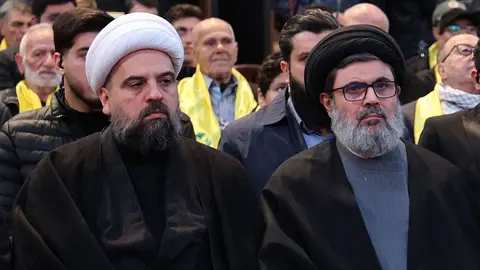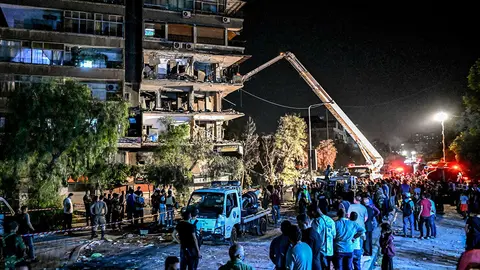A Lebanese minister linked to Hezbollah accuses Israel of attacking a second border crossing with Syria
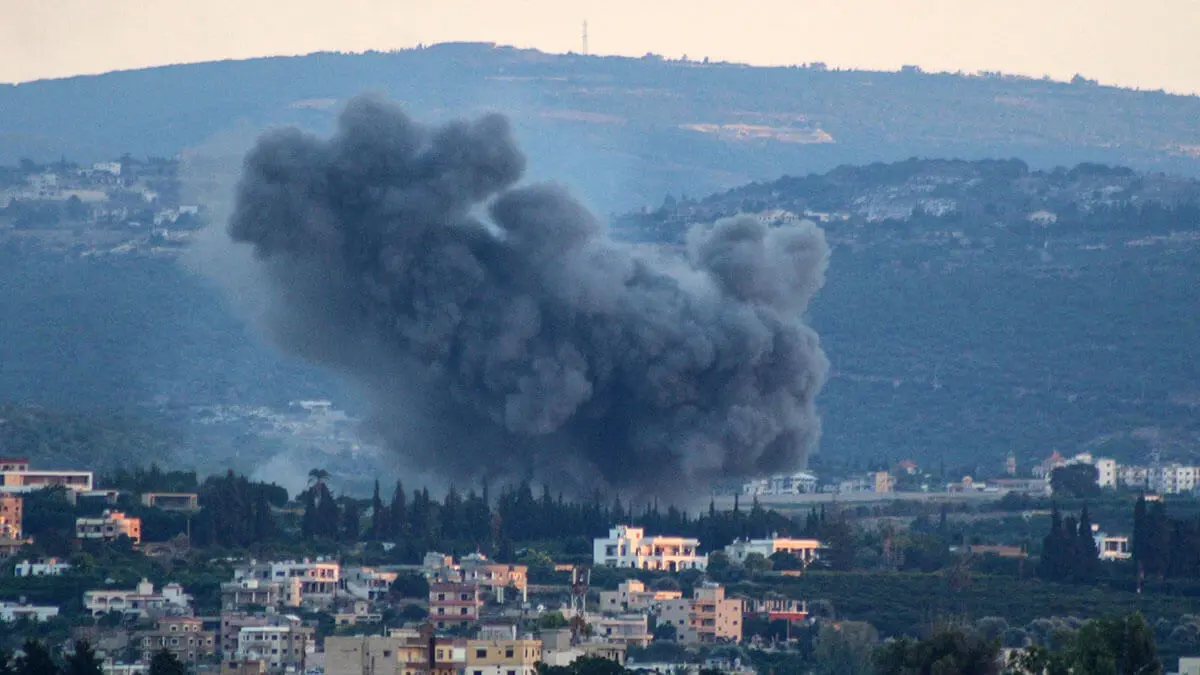
Lebanon's Transport Minister Ali Hamieh has accused Israel of attacking a second border crossing between Lebanon and Syria, preventing vehicle traffic and leaving only one crossing between the two countries operational. ‘The Qaa crossing was put out of service after an Israeli attack on Syrian territory,’ Hamieh, who is sympathetic to Hezbollah, told AFP.
The Israel Defense Forces have not issued a statement on the alleged attack, although in the past they have confirmed operations on the Lebanon-Syria border, which is used by Hezbollah for arms smuggling.
In early October Israel attacked the vicinity of the Masnaa crossing, the main international crossing between Lebanon and Syria, rendering it out of service. Israel claims that Hezbollah-controlled border crossings are the main access point for weapons, especially the Masnaa crossing.
‘Hezbollah unit 4400 began transporting weapons, we believe for use in southern Lebanon,’ IDF Arabic-language spokesman Avichay Adaree announced at the time. ‘We attacked a truck carrying weapons and it was full of weapons, judging by the secondary explosions we saw,’ he added.
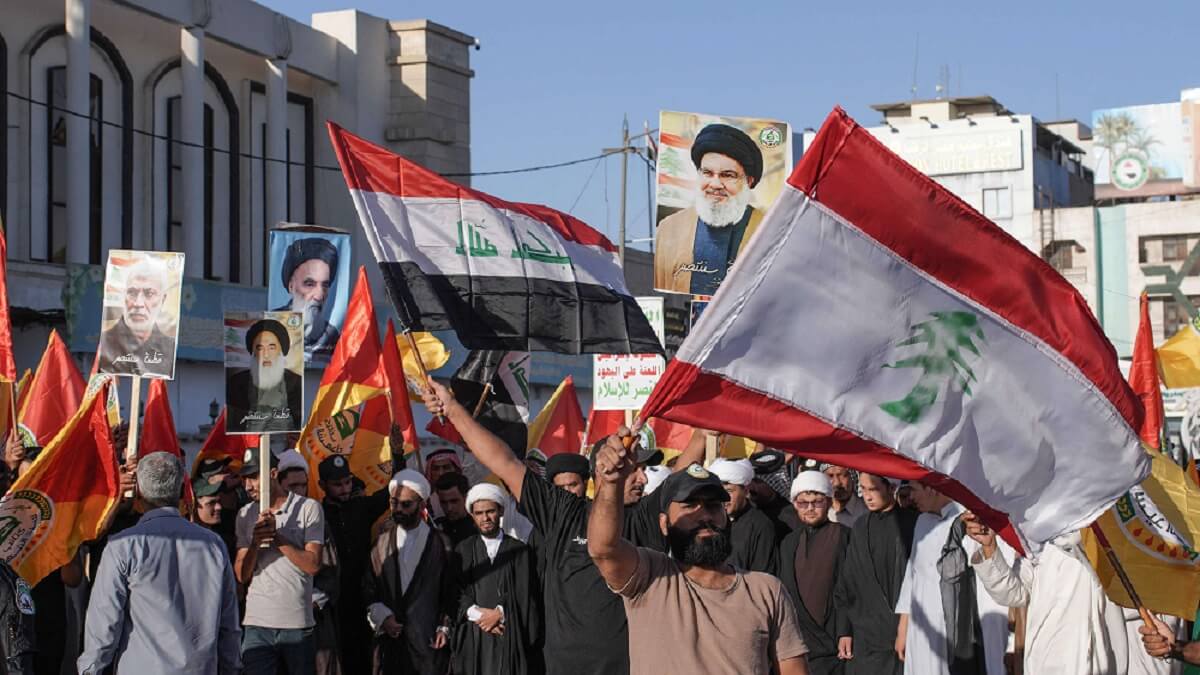
In addition to transporting weapons, the border crossings between Syria and Lebanon are used by thousands of people to flee the ongoing war. According to official figures gathered by AFP, nearly 500,000 people, mainly Syrians, have fled to Syria since the conflict between Israel and Hezbollah began.
This new escalation of violence between the Jewish state and the Iranian-backed Lebanese Shi'ite militia began after nearly a year of recurrent Hezbollah attacks on Israeli territory, leading to the evacuation of thousands of people in Israel. The IDF's response to this offensive also caused the displacement of communities in southern Lebanon, where Israeli troops began a ground operation to dismantle the terrorist group's infrastructure.
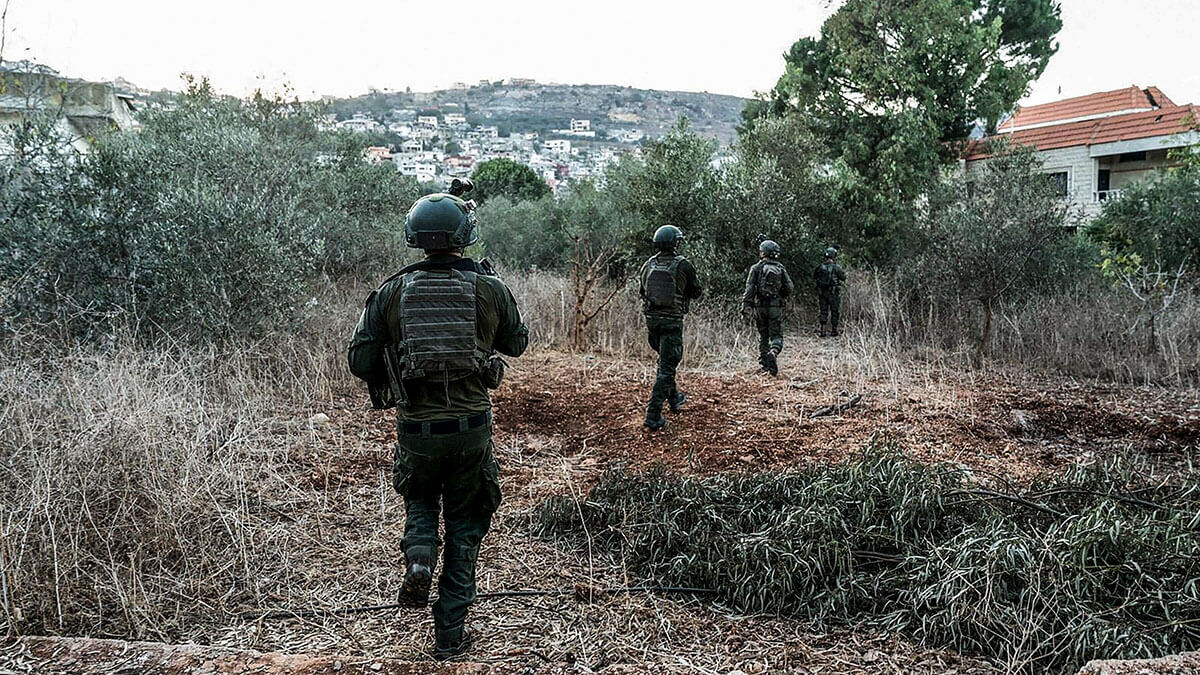
The IDF has also hit Hezbollah targets in Beirut, eliminating much of the Lebanese militia's military and political leadership, including its leader, Hassan Nasrallah, and his successor, Hashem Safieddine.

